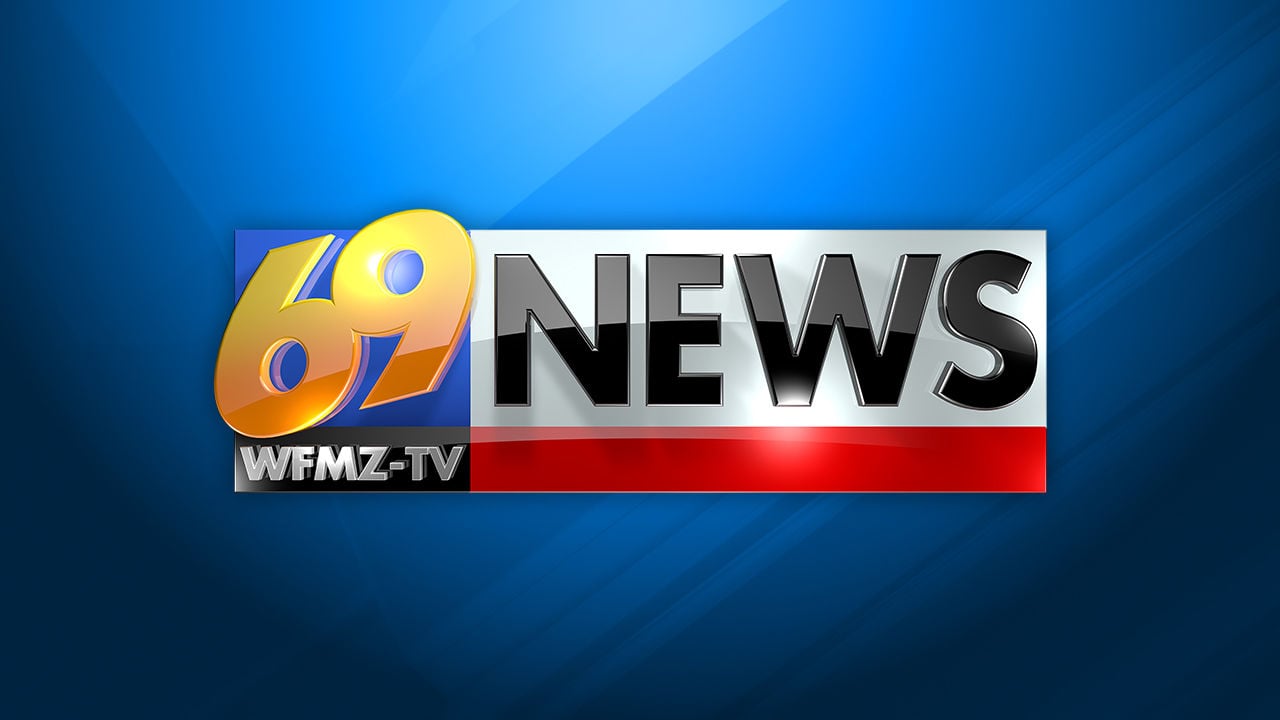Can there be any denying that humans, like the bushy-tailed eastern ground squirrel, are disposed to foolhardiness? And when there’s an element of risk involved, doesn’t sanity come into question? I could quote several stylish examples of insanity, but those young risk-takers standing frighteningly close to the crumbling, weathered edge of the mile-high outcroppings along the Grand Canyon’s South Rim, the heels of their Nikes in perfect alignment with the canyon’s precipitous decline, they take the cake. Standing heel-and-toe with fate, these wild-eyed exhibitionists risk it all for a selfie.
Psychology is as much a settled science as is the Ouija board. Determining what’s solid ground and what’s over-the-edge is not an absolute science. Ray Bradbury, best known for his highly imaginative short stories and novels, says “Insanity is relative. It depends on who has who locked in what cage.” Vague? Maybe. But who can pinpoint where light ends and darkness begins? Vulnerable to the fundamental dispositions of human nature, I expect most of us have occasioned ourselves to that uncertain twilight between prudence and folly. Some venture further, pass through that ambiguous zone, to sail on into the mad side of normal. Take believers, Christians, for example. Having no tangible evidence to build their case upon, no hard science to witness for their beliefs, Christians are perceived as irrational in the eyes of nonbelievers, the word “irrational” sounding an awful lot like over the edge.
There’s no one definition of religion. But religions do have commonalities: belief in God, belief in a god or multiple gods, belief in separation of the sacred from the profane and so forth. But if all it took was believing in something to make it real, we’d be up to our eyeballs in elves, fairies and unicorns.
Viewed through the prism of Freudian logic, religion “is a universal, obsessional neurosis of mankind.” Freud viewed religion as an escape mechanism that would one day vanish and be replaced by science. But aren’t we already there? Isn’t our obsession with trees and oceans and climate change a religion in itself, the planet an object of worship, every eco-activist calling for the separation of the sacred (Mother Earth) from the profane (us). If our mania with the world and its abundance of emerging technologies isn’t a pattern of worship, I don’t know the meaning of the word.
Cloistered in our homes, we await rescue by lab rats and politicians, hope placed in the hands of technology. Bibles gather dust while God rots on the vine. We go through the motions of living higgledy-piggledy, one vain indulgence after another, unaware of the prophetic danger accompanying our walk on the wild side. Freud was at least partially right: for much of the world, science has become a religion.
Apparently, believers make the worst believers, Christians the worst Christians. “You’re like herding cats,” a former pastor rebuked us from the pulpit one Sunday, hers a classic response to our lack of direction, understanding and fidelity. Why we had bothered coming to church in the first place was anybody’s guess, our appearance little more than a layover on the way to Aunt Addie’s for chicken and biscuits.
I appreciate Earth for what it is, the teat of our existence. But it’s undeserving of my worship, as is science; the latter nothing more than tripping over what’s been placed in front of us, a perusal of nature’s preexistence. God, on the other hand, I worship for two reasons: there’s no explanation for the universe beyond science’s cosmological Big Bang theory other than what’s found in Genesis, chapter one — supernaturalism’s order of existence, and circumstantial evidence for the crucified Christ is overwhelming.
Given some thought, it’s not so crazy. Forewarned is forearmed; the real threat to ourselves and our country is apostasy, the renunciation and abandonment of God. As a consequence of America’s falling away from its founding principles, we stand on crumbling ground at the brink of ruin, prayer — not science or politics or Mother Earth — our pathway back to fiscal and spiritual prosperity.
Donald E. Melville, author and regular contributor to Messenger Post Media, welcomes your comments at [email protected].





More Stories
Stevens and Seton Hall University Announce Dual-Degree Program
Science and Technology Minister Harsh Vardhan launches CSIR technologies for rural development
NanoAffix Science one of six Wisconsin companies to get state and federal funds to help commercialize products